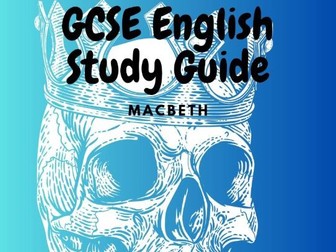Key Stage 3/ GCSE Assessment (Grade 1-3)
<p>The assessment provided is a GCSE English practice assessment designed for a student working at a grade 3 level. It is intended to cover all areas of the GCSE English curriculum and is structured to last 1 hour.</p>
<p>The assessment consists of four sections: Reading, Writing, Spelling, Punctuation and Grammar, and Speaking and Listening.</p>
<p>The Reading section is 30 minutes long and includes eight questions designed to test the student’s reading comprehension skills. The questions cover a range of topics, including understanding character and setting, analyzing poetic devices, and interpreting meaning.</p>
<p>The Writing section is also 30 minutes long and requires the student to complete two tasks. The first task is to write a letter to a local newspaper expressing their concern about the lack of green spaces in their town or city. The second task is to write a story about a character who discovers a mysterious object in their attic. Both tasks assess the student’s ability to write coherently, use appropriate language and register, and structure their writing effectively.</p>
<p>The Spelling, Punctuation and Grammar section is 10 minutes long and includes four questions designed to test the student’s knowledge of common spelling, punctuation, and grammar rules.</p>
<p>Finally, the Speaking and Listening section is 10 minutes long and requires the student to give a short presentation on a topic of their choice, followed by a question-and-answer session. The section assesses the student’s ability to speak confidently and coherently, use appropriate language and register, and respond effectively to questions.</p>
<p>Overall, the assessment is designed to provide a comprehensive evaluation of the student’s English language skills, covering all four language domains of reading, writing, speaking, and listening. The mark scheme provided ensures that the student is assessed fairly and accurately across all sections of the assessment.</p>
